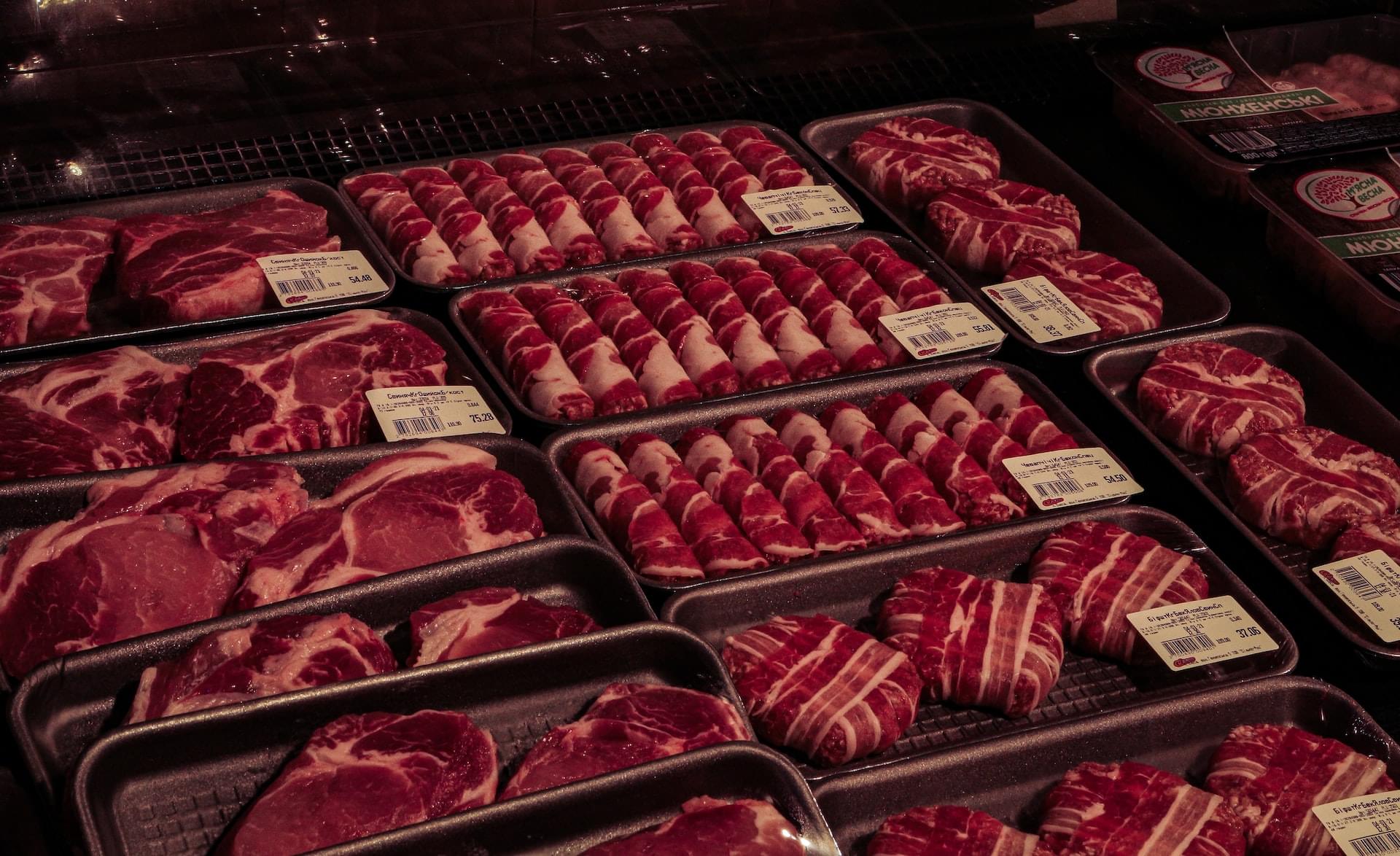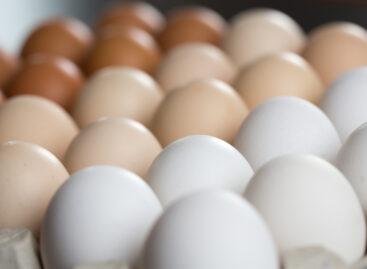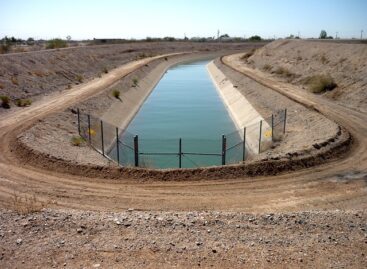Can meat, milk and eggs disappear from the shops?
The global climate change caused by human irresponsibility can have serious consequences for the Hungarian economy, particularly in the food and tourism sectors. Although the food price freeze has ended, experts suggest that certain products like milk and eggs might not only remain affordable but could even become cheaper.

“This is thanks to suppliers being able to reduce the wholesale prices of some products in recent times,”
stated Fodor Attila, the Communications Director of CBA, in an interview with RTL Híradó.
However, enthusiasts of meat, milk, and eggs should be aware that the future may not bode well for these items if humanity fails to change its destructive lifestyle,
as warned by climate researcher Lehoczky Annamária, author of the publication Másfél fok.
Climate change affects all areas of food production, including plant cultivation, animal husbandry, and fishing, leading to a negative impact on agricultural productivity. Economic livestock plays a crucial role in providing sustenance for the population. However, the latest report by the Intergovernmental Panel on Climate Change (IPCC) indicates that decreasing productivity and increasing damages caused by climate change are beginning to offset overall agricultural improvements.
Heat stress has already caused annual livestock losses of between 1.7 to 2.4 billion dollars in the United States, with the dairy industry suffering the most. High temperatures affect the appetite of animals, leading to reduced food intake and a decline in milk, meat, and egg production, resulting in significant industry losses.
For example, Hungary’s primary dairy cow breed, the Holstein-Friesian, may experience a 30-70% reduction in milk production during heatwaves. Additionally, the composition of milk from cows, goats, and buffaloes may also change due to hot and humid conditions, leading to lower protein and fat content.
The impact of climate change on livestock extends to swine and poultry farming as well, where reduced food intake negatively affects animal weight gain, meat quality, and fat content. Decreased feed intake will also impact milk, meat, and egg production.
In addition to livestock, climate change poses challenges for corn production in Hungary, which directly affects the swine and poultry industries and poses dangers for the fishing sector.
Given these challenges, both the food industry and the government must take urgent action to implement appropriate measures to mitigate the negative effects of climate change on food supply and the economy.
Related news
Irrigation water resources equivalent to one-third of Lake Balaton are available
Despite the extraordinary drought and lack of precipitation, we can…
Read more >Price increases, export declines, new consumer habits – this is how the poultry and egg market developed in the first half of 2025
Látványos változások jellemezték 2025 első félévét a hazai baromfi- és…
Read more >Milk prices have risen, cottage cheese prices have fallen: the domestic dairy market is undergoing transformation
The price of domestic dairy products showed a significant annual…
Read more >Related news
Temu has already targeted the European food market
The Chinese-rooted Temu is posing an increasingly serious threat to…
Read more >Irrigation water resources equivalent to one-third of Lake Balaton are available
Despite the extraordinary drought and lack of precipitation, we can…
Read more >Free irrigation water provided to farmers is a key element in the fight against drought
Free irrigation water provided to farmers is a key element…
Read more >





